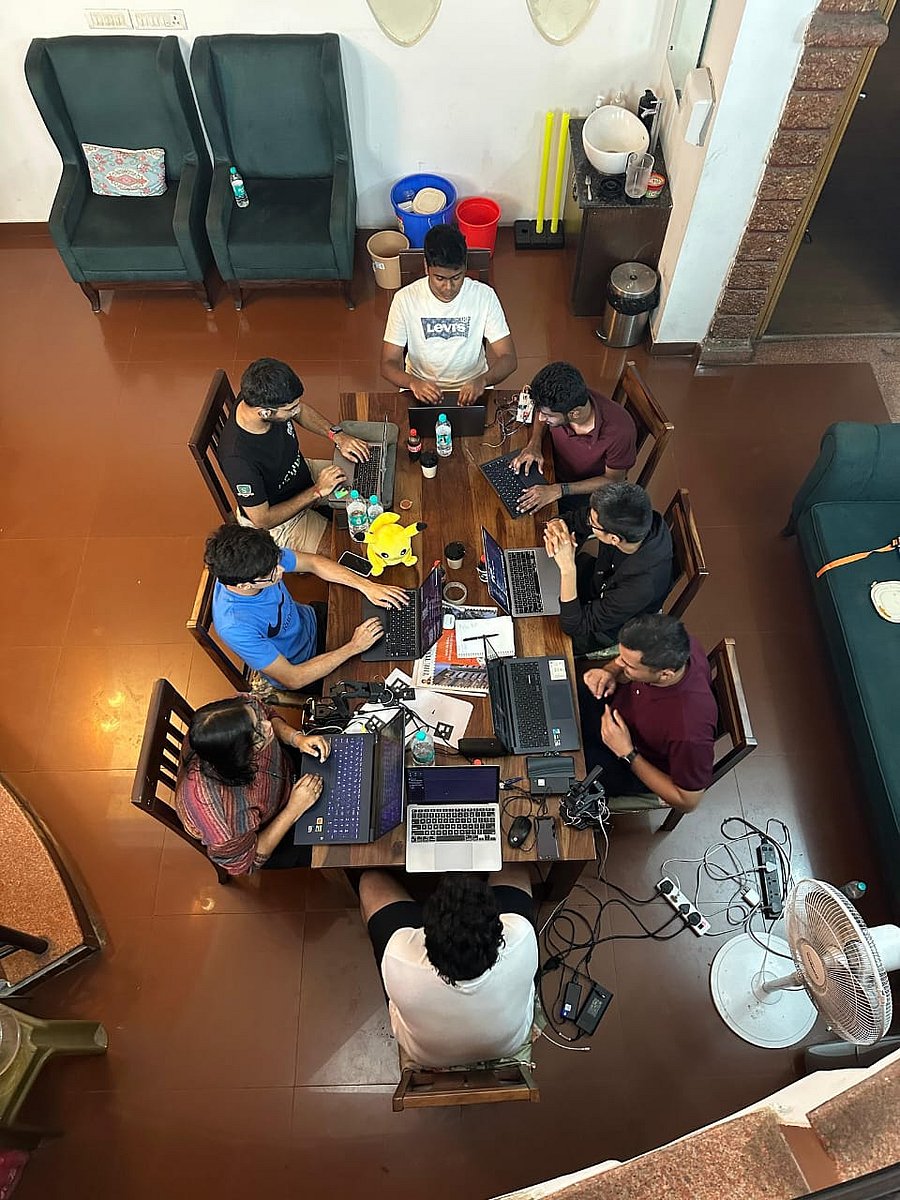
Credit: Special Arrangement
A hacker house in HSR Layout has gone viral on X. Individuals aged 16 to 26 from across India are living under one roof and working on startup ideas for a month as part of an all-expenses-paid programme. Two high schoolers are hosting them, using funds raised from investors.
A growing trend in San Francisco, hacker houses offer shared living and working spaces that help innovators collaborate, get instant feedback, and fast-track product development. Admission can be self-funded or sponsored — as in this case, with travel, stay, meals, and initial capital all covered. “Participants just need to bring their bags and ambition,” says 18-year-old Suhas Sumukh from Bengaluru. He co-founded LocalHost — a programme to support bright young innovators, researchers and artistes — along with 17-year-old Kei Hayashi, based in Switzerland.
Their reason? The duo — currently deciding which universities to attend — know how hard it can be to get started without mentorship or funding. Both began coding early and went on to sell their creations for four- to six-figure sums in US dollars. Sumukh built a portfolio of artificial intelligence (AI) apps; Hayashi, a Web3-based tool.
Currently, 10 youngsters are living in a leafy villa in HSR Layout, while five others are working out of hardware labs in Delhi. Among them are college-goers on semester break, bootstrapped entrepreneurs, a university dropout with a startup behind her, and a whizkid who finished school early.
Laptops and chargers are always within arm’s reach on the premises. And with most projects AI-driven, three WiFi routers ensure high-speed connectivity. There are no fixed work hours or cubicles — some work from bed, others crash at dawn. Their approach may look casual but “everyone’s super serious about their ideas”, says Sushant Pandey from Raebareli. He and Shubham Kukreti from Ludhiana are building an AI-powered one-click payment solution that skips redirection to other pages.
Harish Ashok, 16, from Chennai, is working on an AI tool to automate coding and hardware integration — hoping to make robotics less intimidating for kids under 15. Other hardware builders include Surabhi Gupta and Shourya Watwani from Maharashtra, working respectively on an AI home assistant robot, and eyewear that blends AI and augmented reality (AR).
Amrith Ashok Shenava, who moved from the US to India in 2023, is developing an AI chatbot for his tech platform that aims to make searching for real estate properties “safer and faster”.
Dev Mandal has made an AI coding assistant that debugs automatically, while Dyumna Madan is creating content and giving shape to the idea of a startup school. Though both are based in Bengaluru, they’ve moved in for a sense of community. When Mandal tested a “crude version” of his AI tool recently, the whole house gathered around his laptop in anticipation and, later, celebrated the launch with pizza and chicken wings.
The Bengaluru chapter winds up on June 30, after which the hacker house will open in Romania, Japan, and Delhi.